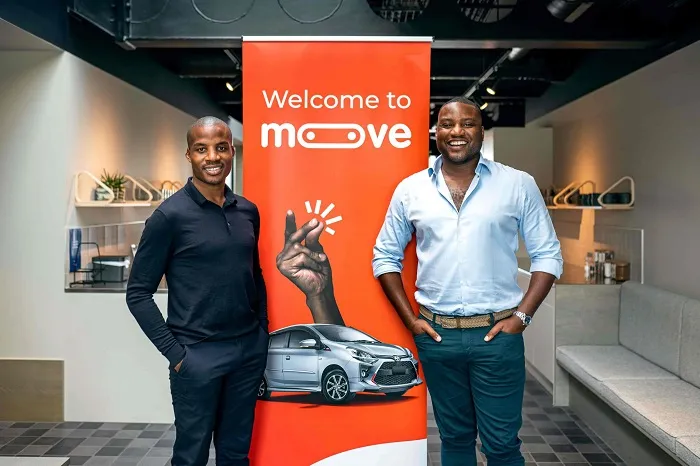Uber, the global ride-hailing giant, is pushing back against claims that it didn’t uphold its end of a deal with the Lagos state government from 2020.
This deal required ride-hailing companies to share real-time trip data with the government.
The Lagos state transportation commissioner, Oluwaseun Osiyemi, emphasised the importance of Uber fixing its non-compliance with the agreement, citing security reasons and the well-being of residents.
Uber, reportedly affirmed that they are dedicated to meeting regulatory requirements in all the markets they operate, including Nigeria.
They stated that they’ve fulfilled Lagos State’s demands, such as paying annual fees and sharing data.
This agreement stemmed from discussions between ride-hailing companies and the Lagos government about the need for regulation.
Uber had previously disclosed sharing passenger and driver data with authorities in other regions, arguing that some of the data shared were beyond what regulators needed.
In Nigeria, Uber agreed in 2020, along with other operators, to pay annual licence fees and a per-trip levy for road improvements.
This outcome was better than what motorcycle-hailing startups faced, as new rules essentially shut down that segment.
For now, Uber must work with the Lagos government, a task it’s familiar with due to its eight years of operations in Nigeria. They remain committed to improving mobility standards in the industry.




